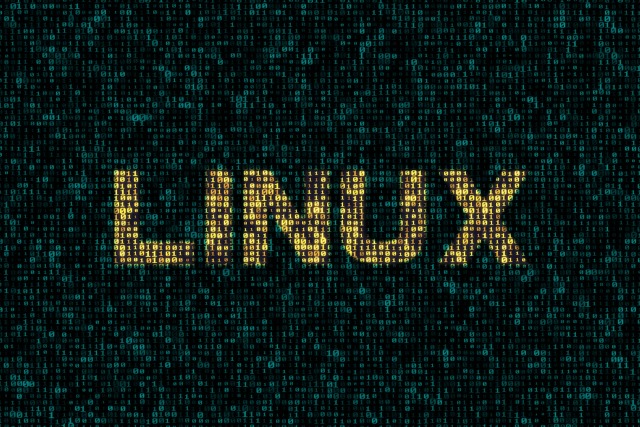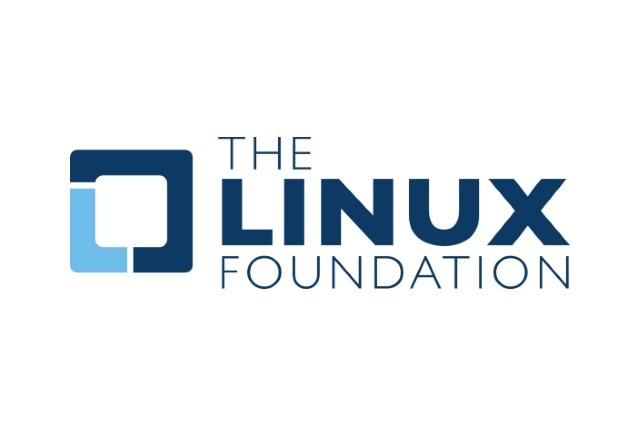
NSA plans to release tool for reverse-engineering software
It feels like it has been a while since we've had any NSA-related news -- interest in mass surveillance has been overtaken by other concerns. After a series of Vault 7 leaks from WikiLeaks about the organization, the NSA is now planning to release its GHIDRA framework, designed to reverse-engineer malware and other software, later in the year.
The framework will be available for Windows, macOS and Linux, and it is set to be demonstrated and publicly released at the RSAConference in March. While it might seem like a bad idea to release a tool that can be used to break down malware and see how it works -- and, therefore, create other similar attack tools -- the idea is actually to help increase security.

WikiLeaks: CIA's Dumbo project can hack webcams and corrupt recordings
WikiLeaks has published the latest installment of its cache of CIA documentation known as Vault 7. This time around we learn about Project Dumbo, a hacking tool which allows for the control of webcams and microphones.
Wired, Bluetooth and wireless devices can all be detected by Dumbo. In addition to this, Dumbo gives the CIA the ability to delete or corrupt recordings that have been made. WikiLeaks has published user guides for three versions of Dumbo, the most recent of which is dated June 2015.

WikiLeaks reveals CIA's Imperial hacking project targeting Mac and Linux
WikiLeaks has published the latest of its Vault 7 CIA leaks, this time looking at a project going by the name Imperial. The project is made up of three tools: Achilles and SeaPea which target OS X, and Aeris which targets various flavors of Linux, including RedHat, Debian and CentOS.
User guides relating to the two Mac tools date from mid-2011 and show they can be used to Trojanize an OS X disk image or install a persistent rootkit. Aeris was designed to provide a backdoor into Linux-based systems.

WikiLeaks: CIA analyzed Russian and Chinese malware to inspire its own hacking and surveillance tools
Some four months after the first Vault 7 leak, WikiLeaks continues to publish revealing CIA documents that detail the agency's ability to hack, infiltrate and surveil targets. The latest batch goes under the banner "UCL / Raytheon", and comprises documents from CIA contractor Raytheon Blackbird Technologies.
Dating from late 2014 and late 2015, the documents show how the CIA, through Raytheon Blackbird Technologies, monitored malware in the wild to see how it could be used by the agency. The documents cover tools produced by the infamous Hacking Team as well as the Russian HammerToss malware delivered via Twitter.

OutlawCountry revelations from WikiLeaks show the CIA can target Linux
The Vault 7 leaks continue to flow thick and fast from WikiLeaks, shedding more and more light on the hacking and infiltration capabilities of the CIA. The latest batch details the OutlawCountry project which finds the CIA targeting Linux systems.
With Linux-based operating systems usually lauded for their impenetrability, news of a possible chink in the armour will undoubtedly cause concern. With OutlawCountry, it seems the CIA was able to redirect network traffic from a target machine to an agency-controlled machine for infiltration.

More Vault 7 leaks from WikiLeaks: Archimedes is the CIA's man-in-the-middle hacking tool
WikiLeaks continues to release revealing documents from its Vault 7 cache. This time around the organization introduces us to a CIA tool called Archimedes -- previously known as Fulcrum.
As before, there is little to confirm whether or not the tool is still in active use -- or, indeed, if it has actually ever been used -- but the documentation shows how it can be installed on a LAN to perform a man-in-the-middle attack.

WikiLeaks reveals CIA's Weeping Angel tool for hacking Samsung TVs
WikiLeaks continues to release documents that reveal various hacking tools used by the CIA. After the HIVE revelations just over a week ago, the group has followed up with details of operations that were mentioned in the very first batch of Vault 7 leaks -- hacking Samsung televisions to listen in on people.
The documents suggest that the CIA's work is based on a tool developed by MI5 in the UK called Extending. The CIA went on to transform this into its own utility by the name of "Weeping Angel." WikiLeaks has published the guide to using the tool in a file marked "SECRET STRAP 2 UK EYES ONLY," and it describes how an implant is configured on a Linux PC before installing it on a target Samsung F Series smart TV.

Vault 7: Symantec says CIA hacking tools revealed by WikiLeaks were used in 40 'Longhorn' cyberattacks
The CIA's range of hacking tools revealed as part of WikiLeaks' Vault 7 series of leaks have been used to conduct 40 cyberattacks in 16 countries, says Symantec. The security firm alleges that a group known as Longhorn has been using tools that appear to be the very same ones used by the CIA.
While it would be obvious to jump to the conclusion that the CIA was itself responsible for the attacks -- and that Longhorn is just a branch of the CIA -- Symantec opts for a rather more conservative evaluation of things: "there can be little doubt that Longhorn's activities and the Vault 7 documents are the work of the same group."

Julian Assange says WikiLeaks will share CIA hacking tools from Vault 7 with technology companies
Technology companies will be given access to the CIA's hacking tools revealed earlier in the week, Julian Assange said today. The WikiLeaks founder said that full details of the exploits used by the CIA would be shared with a view to allowing companies to patch the security holes.
Apple has already said that it has fixed many of the iOS vulnerabilities mentioned in the document cache, and we know that the CIA exploited vulnerabilities in all major operating systems as well as weaponizing numerous popular programs. While WikiLeaks has made certain details of the CIA's hacking tools public, it intends to share them in their entirety privately so software developers can create patches.

Vault 7: The CIA weaponized these popular programs to spy on people
Two days ago, WikiLeaks unleashed a treasure trove of data relating to the CIA's supposed arsenal of hacking tools. Code-named Vault 7, the "Year Zero" cache contains over 8,500 documents and files, and is, according to WikiLeaks, just the first batch. More content will be leaked over time.
While we know that the CIA’s zero day weapons could be used to exploit iPhones, Android devices, Windows PCs and even Samsung TVs, one of the hacking tools is particularly interesting.

Vault 7 fallout: Linux Foundation says it's "not surprising" Linux is targeted
In the wake of WikiLeaks' Vault 7 CIA leaks, Apple has been quick to point out that vulnerabilities mentioned in the documents have already been addressed. Microsoft and Samsung have said they are "looking into" things, and now the Linux Foundation has spoken out.
Nicko van Someren, Chief Technology Officer at The Linux Foundation says that while it is "not surprising" that Linux would find itself a target, the open source project has a very fast release cycle, meaning that kernel updates are released every few days to address issues that are found.

Microsoft and Samsung react to Vault 7 CIA leaks -- Google, Linux Foundation and others remain silent
The Vault 7 document and code cache released yesterday by WikiLeaks revealed that many big software companies were being actively exploited by the CIA. Apple, Microsoft, Google, Samsung, and even Linux were all named as having vulnerabilities that could be used for surveillance.
Apple was one of the first of the companies mentioned in the documents to speak out and address concerns and security. But while the iPhone manufacturer has quickly indicated that it has fixed "many" of the vulnerabilities, Microsoft and Samsung have merely said they are looking into the issues raised. Other companies and groups mentioned have made no comment at all.

Vault 7: WikiLeaks reveals CIA's secret hacking tools and spy operations
WikiLeaks has unleashed a treasure trove of data to the internet, exposing information about the CIA's arsenal of hacking tools. Code-named Vault 7, the first data is due to be released in serialized form, starting off with "Year Zero" as part one. A cache of over 8,500 documents and files has been made available via BitTorrent in an encrypted archive.
The plan had been to release the password at 9:00am ET today, but when a scheduled online press conference and stream came "under attack" prior to this, the password was released early. Included in the "extraordinary" release are details of the zero day weapons used by the CIA to exploit iPhones, Android phones, Windows, and even Samsung TVs to listen in on people. Routers, Linux, macOS -- nothing is safe.
